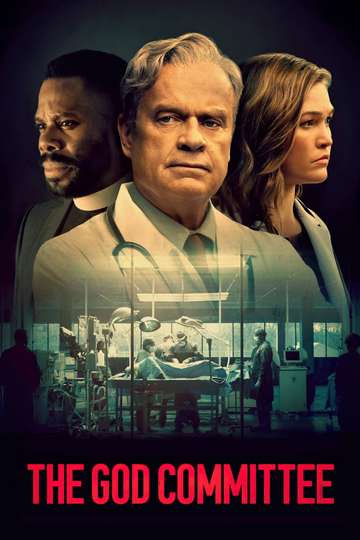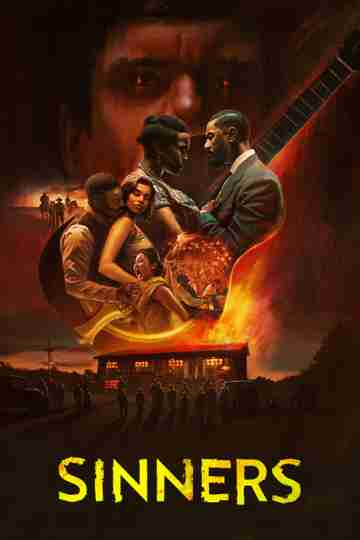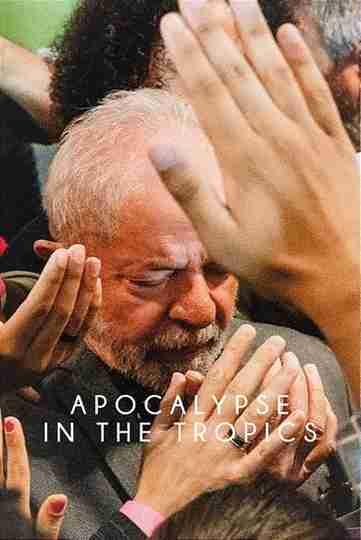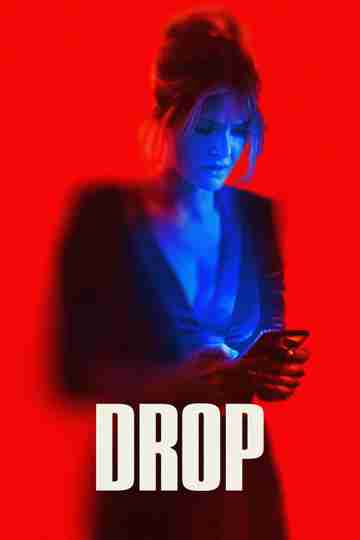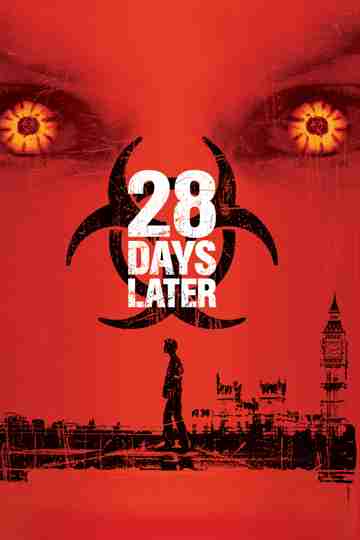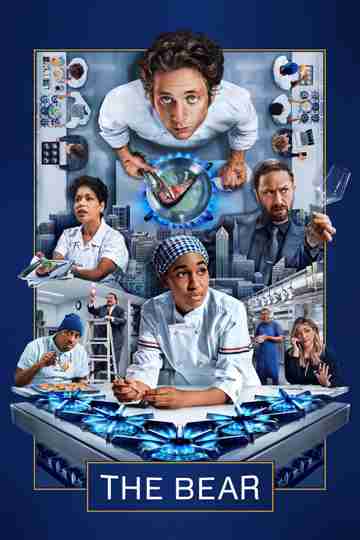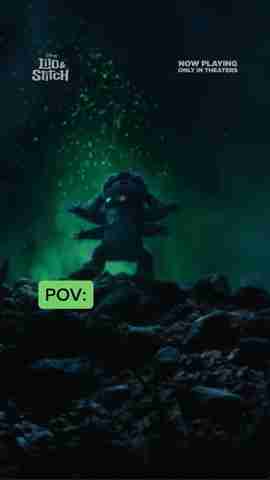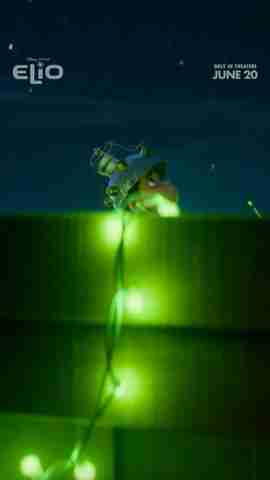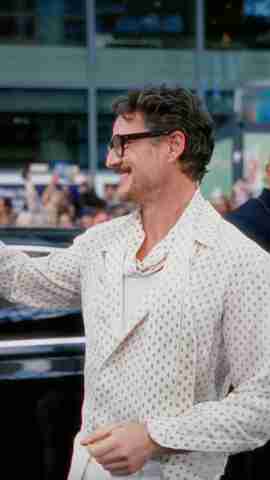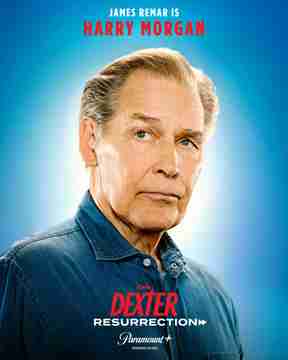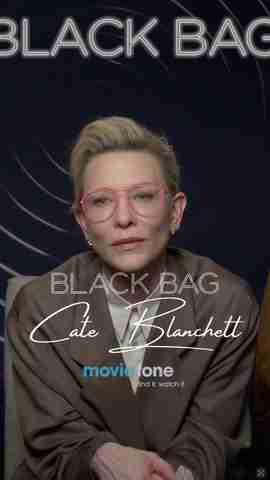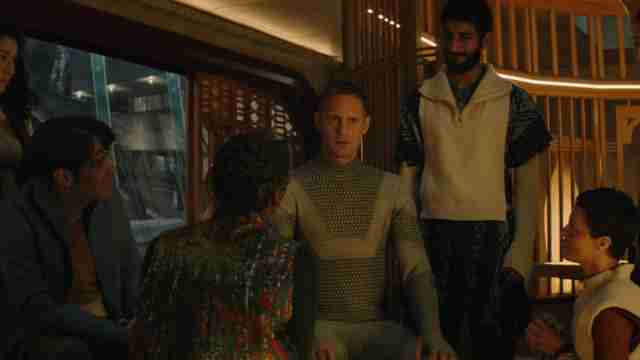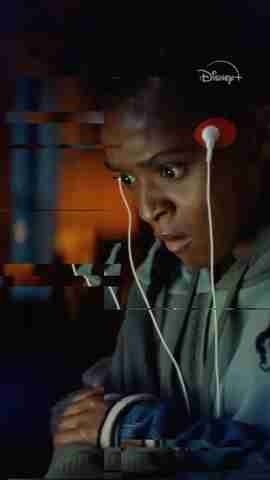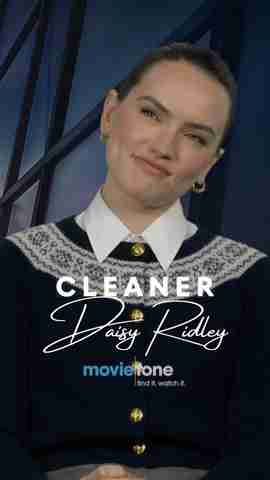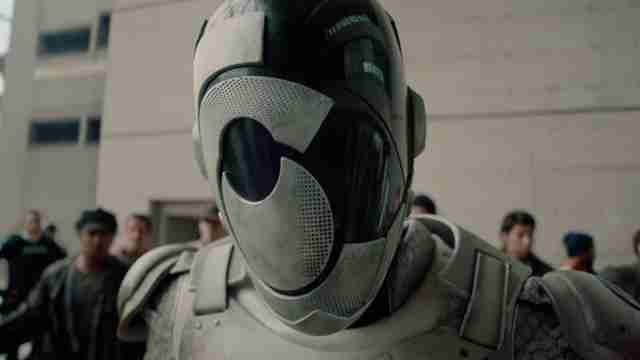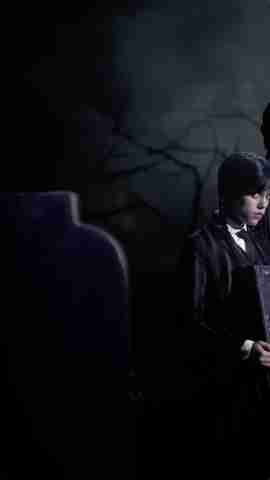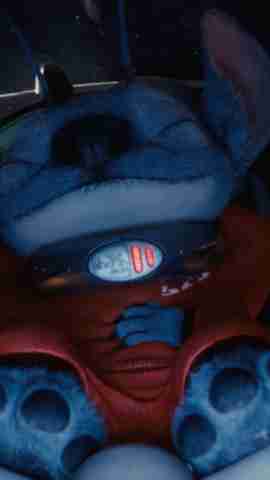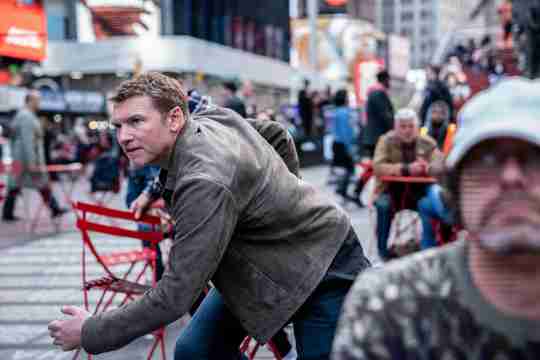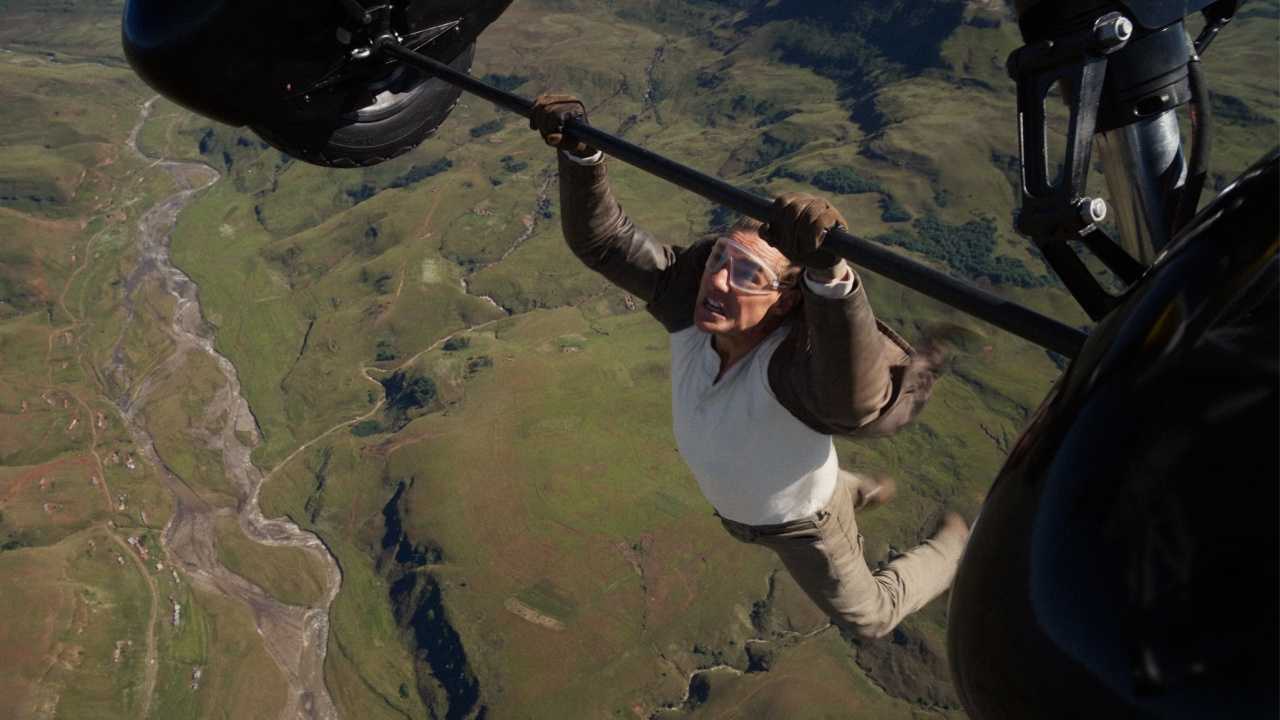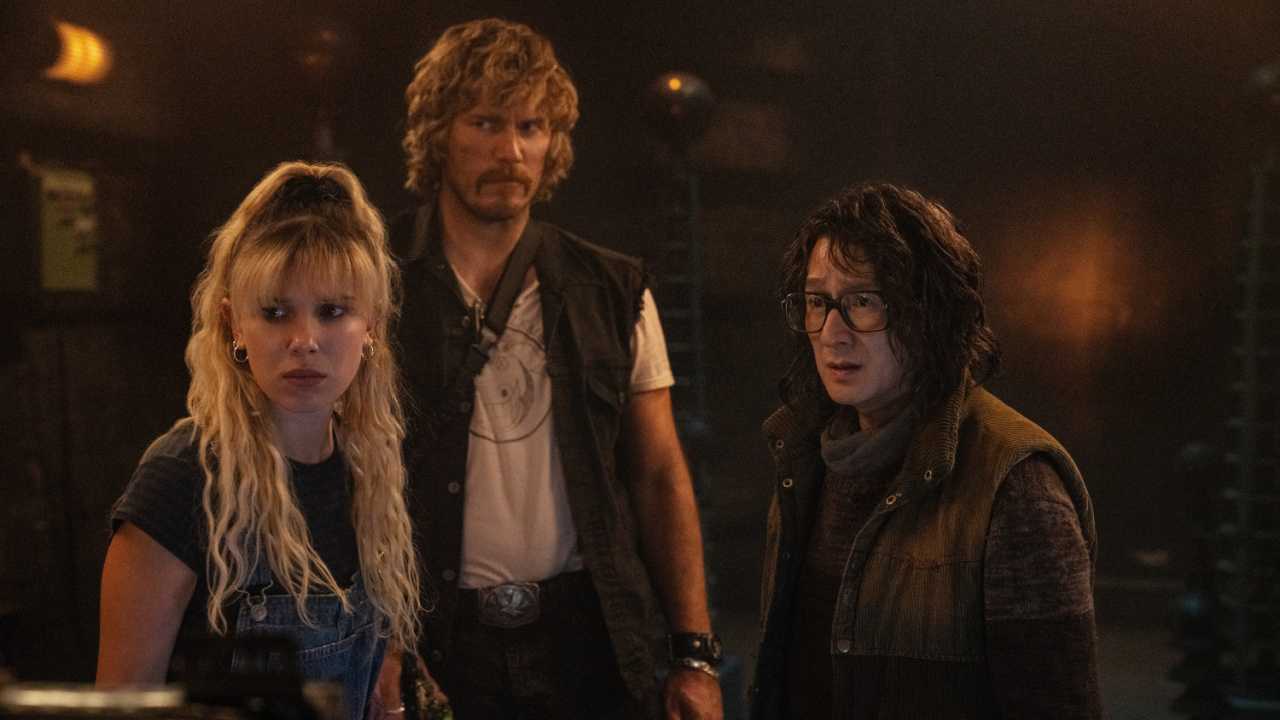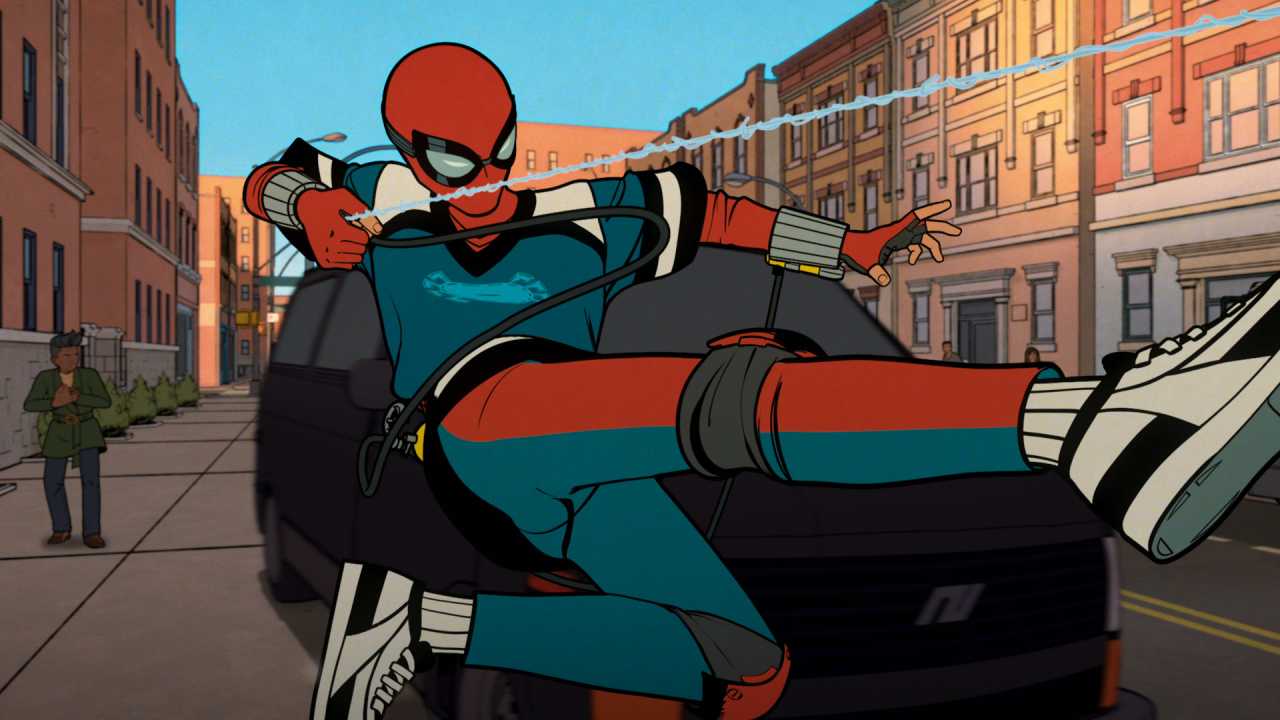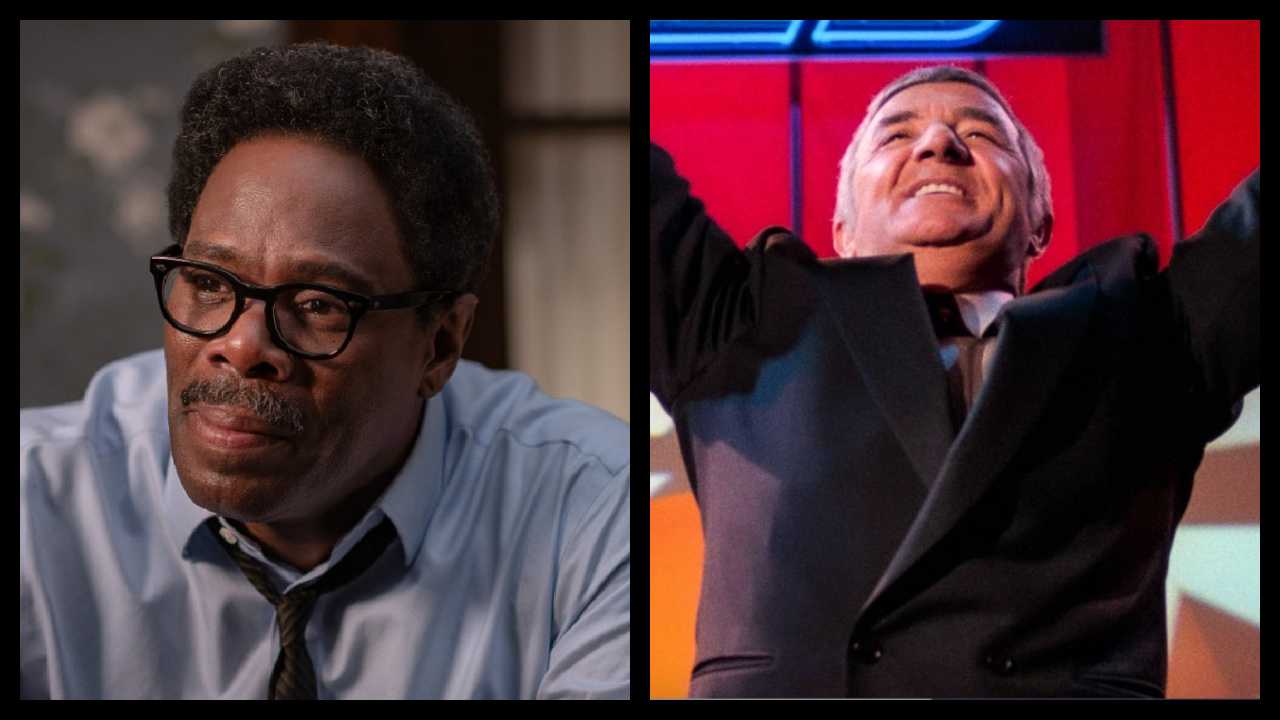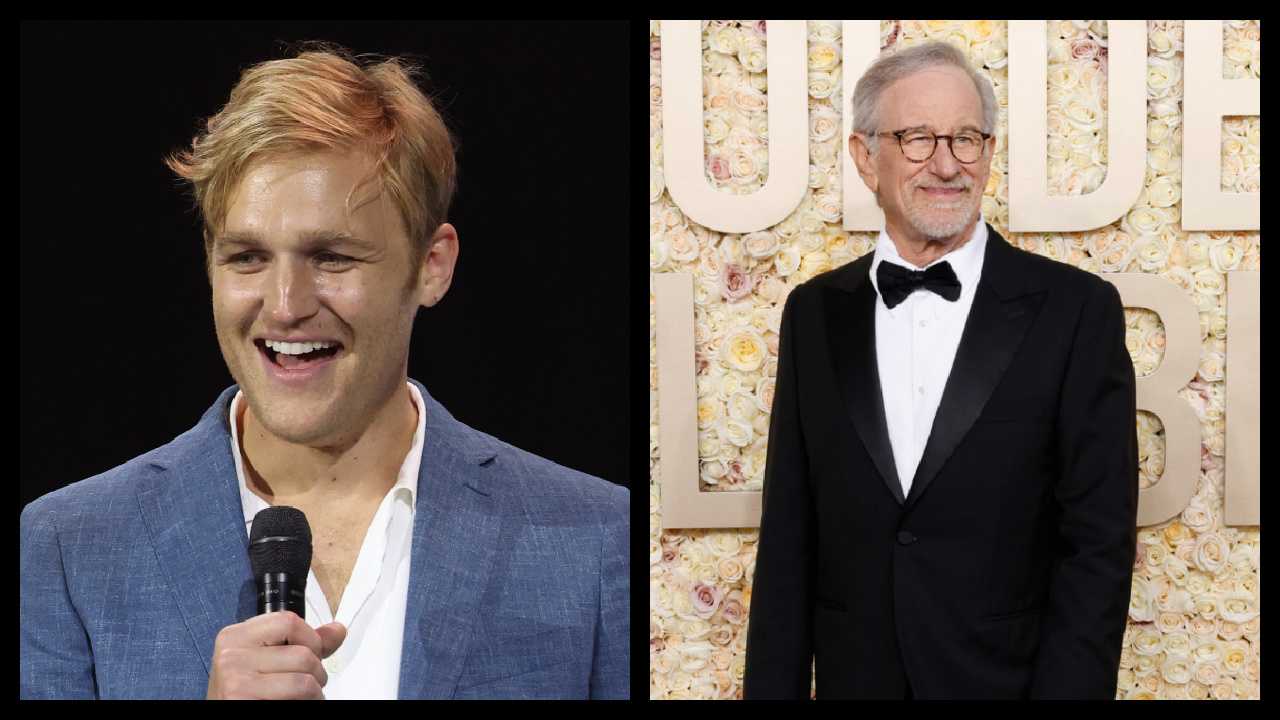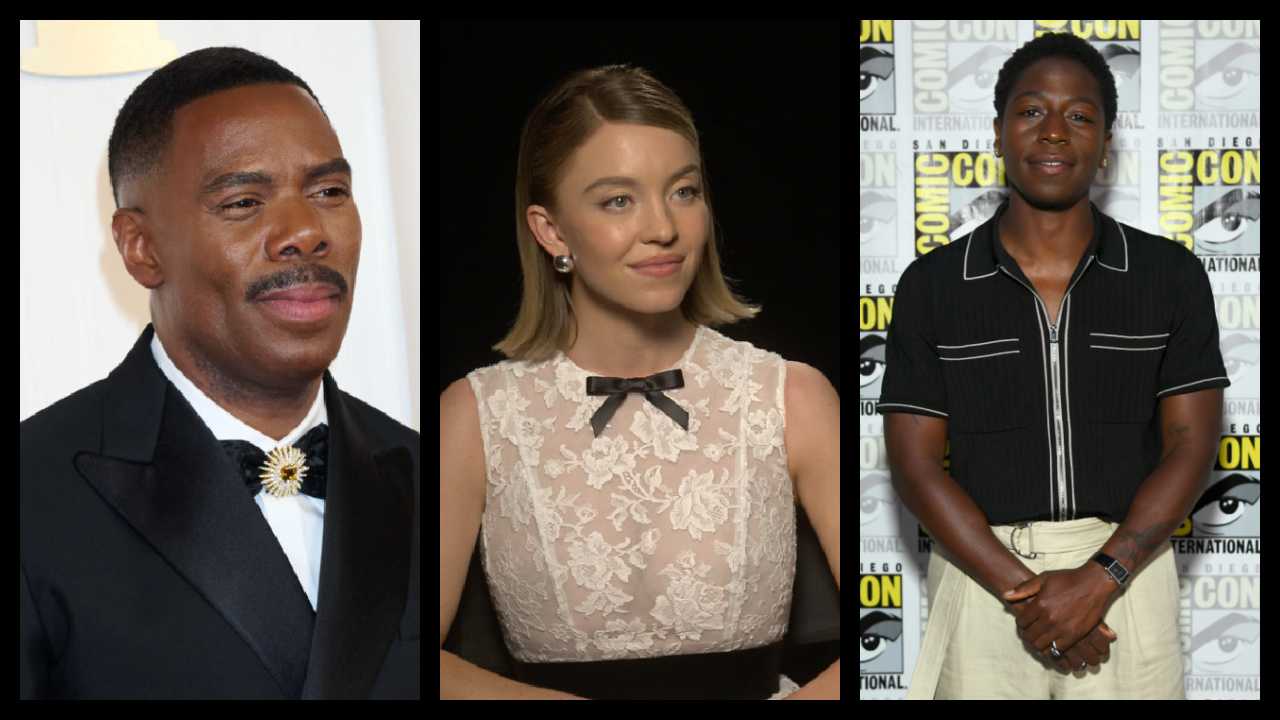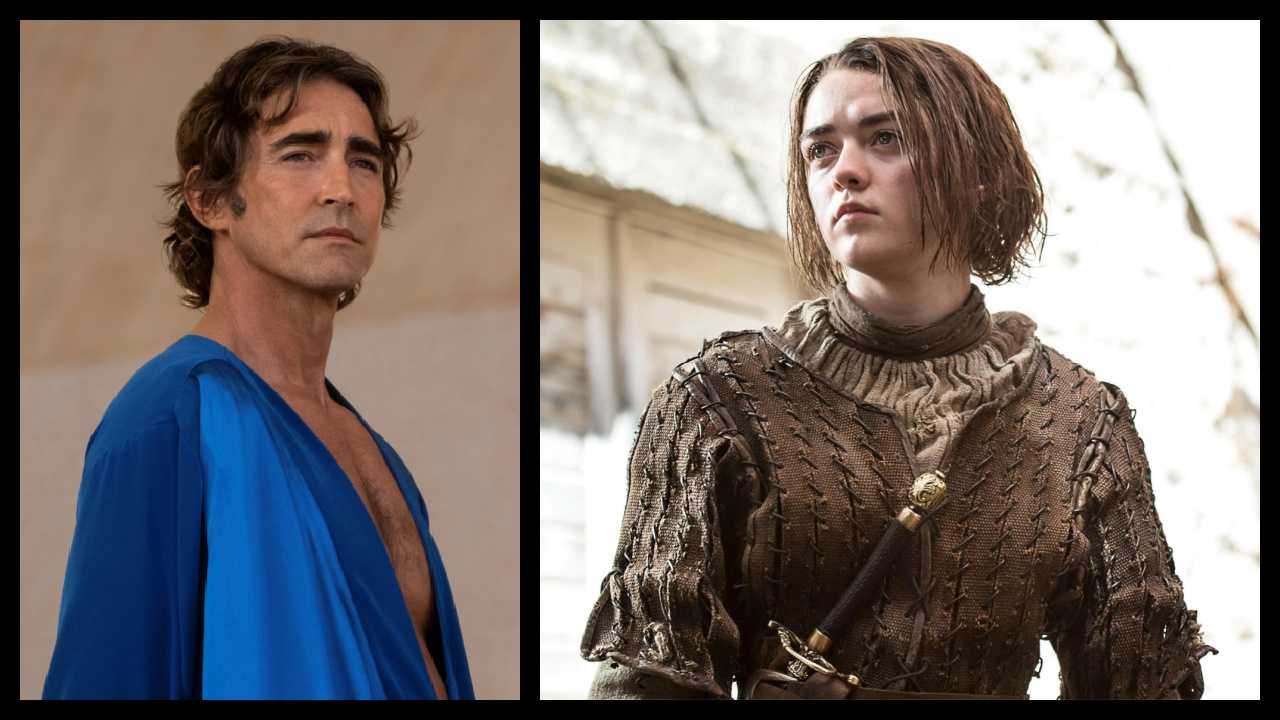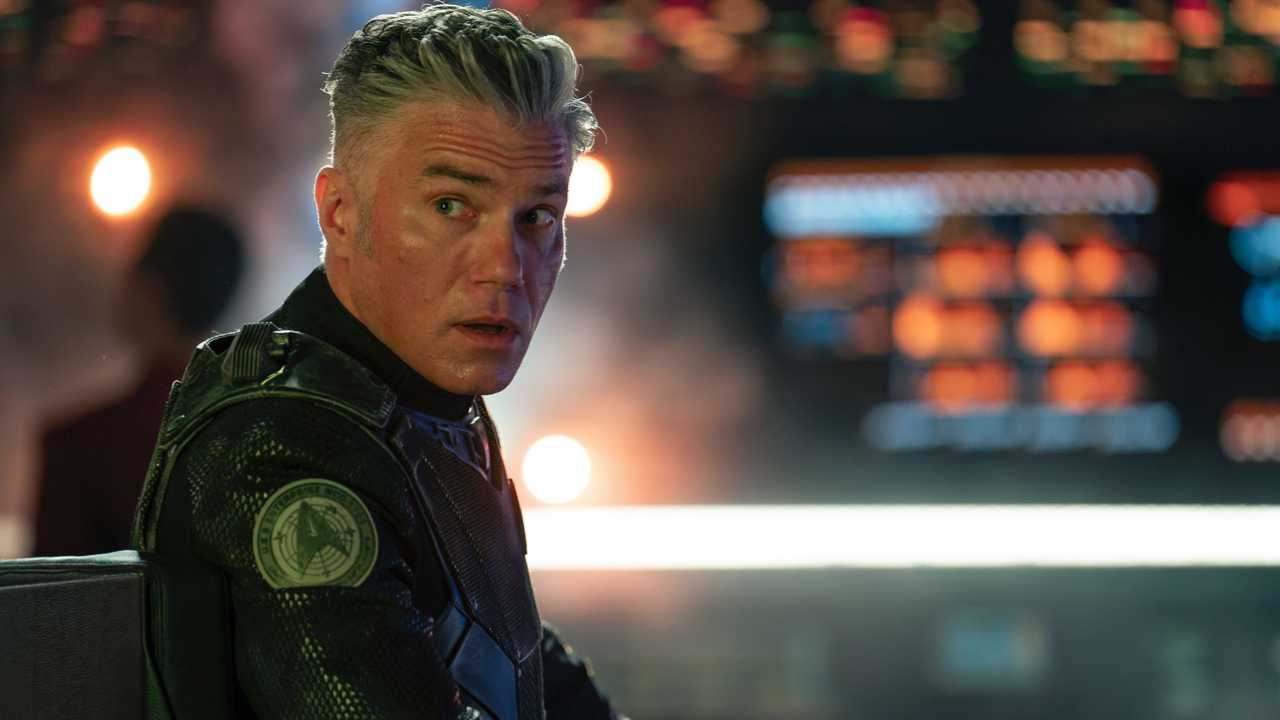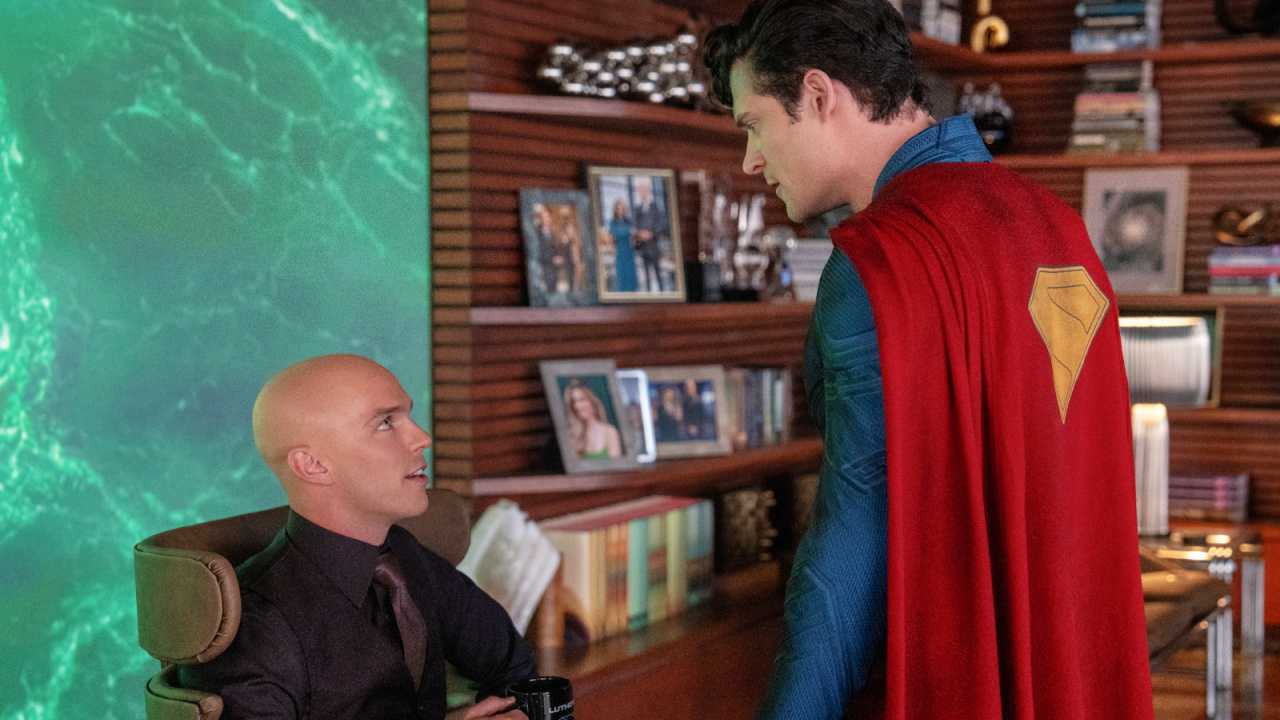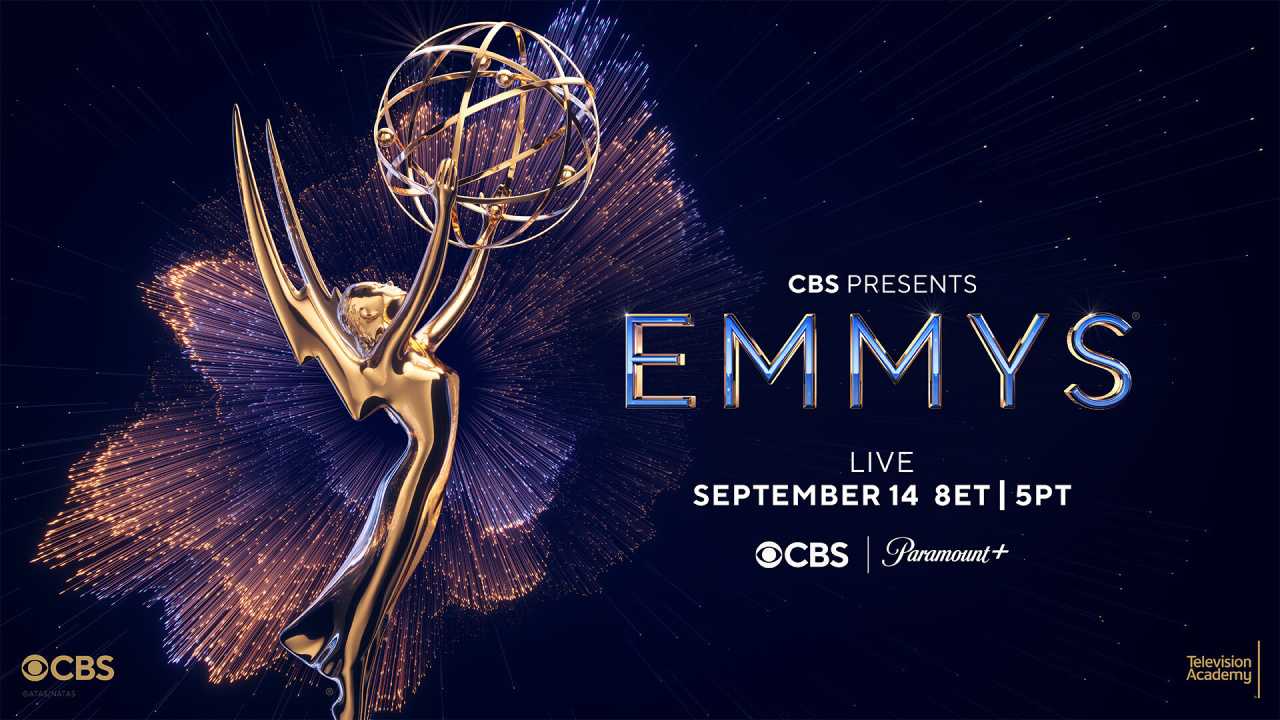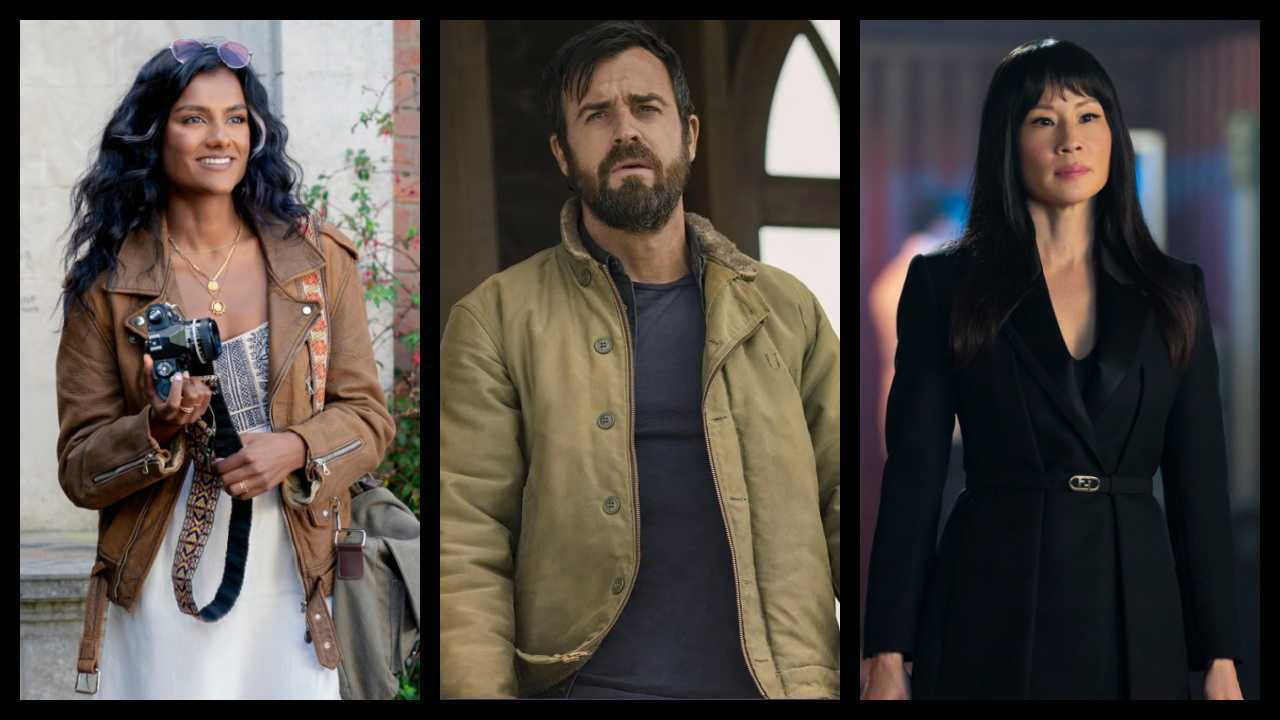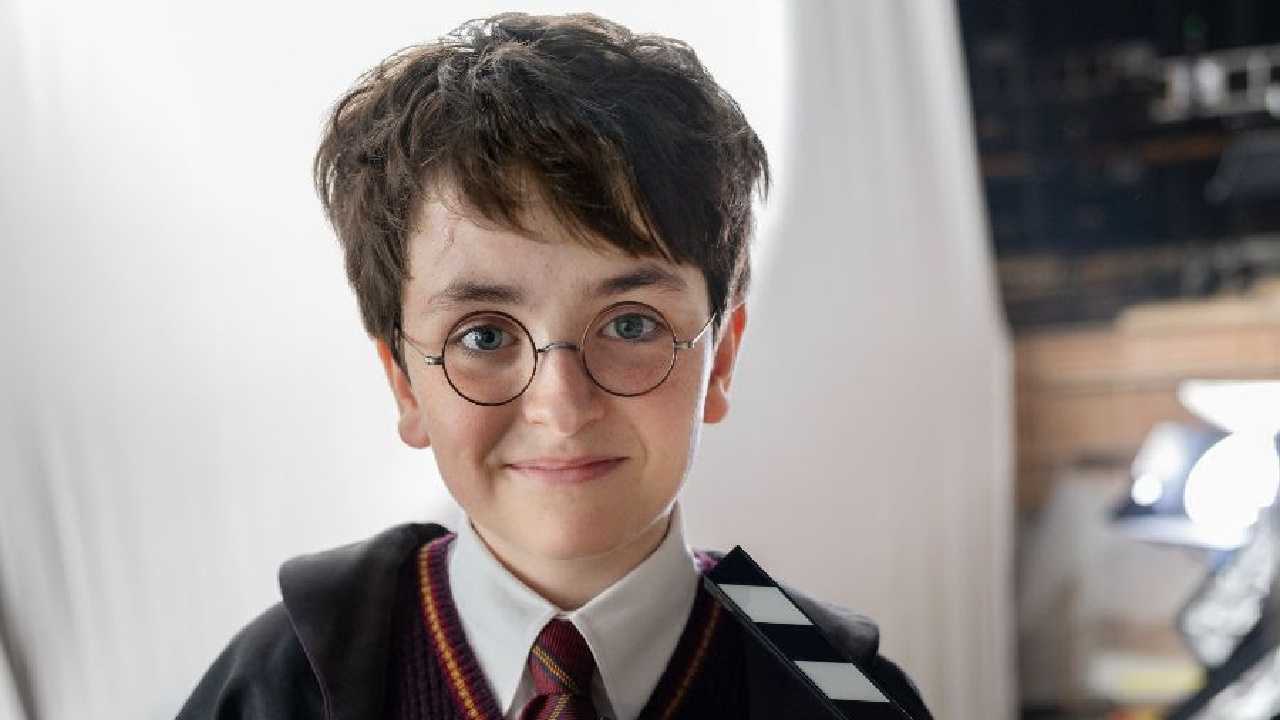‘God Committee’ stars Kelsey Grammer, Julia Stiles, Colman Domingo Join Director Austin Stark to Talk About Their New Medical Drama
Kelsey Grammer, Julia Stiles, and Colman Domingo talk about playing characters that decide who receives organ transplants, while director Austin Stark shares what he hopes people get out of the film.
'The God Committee' tells the story of a group of health professionals on an organ transplant committe that have only one hour to decide who is going to get a heart from a recently-deceased donor. Based on the play by Mark St. Germain, the movie stars Kelsey Grammer and Julia Stiles, who recently sat down with Moviefone to talk about the film.
Moviefone: Kelsey, how much did you know about these committees before this movie?
Kelsey Grammer: Absolutely nothing. I really had no idea. I mean, I anticipated it. Yeah, that surely there must be a group of people that make these decisions, but had I spent any time wondering about it? No, not at all. It was wonderful to kind of discover it and realize what a strange sort of place it must be to be in that room.
MF: What type of research did you do?
Grammer: Really, just within the context of the script, and I checked with a couple of buddies that are in that business. You know, the heart biz. Yeah, it was real. Organ transplants, somebody's got to pick who gets them. It's tough.
MF: Yeah, I was surprised too.
Grammer: After that, then they just dive in.
MF: I think I felt like it was more of a list, a national list or regional list, and that it was more kind of just like where you were in the luck of the draw. You know, you were number one, two, et cetera, on the list. I didn't realize there were these committees. What was surprising to you, Julia, in doing any research or preparing for this movie?
Julia Stiles: Yeah. I think if you've ever had anyone who's dealt with serious medical issues or certainly everybody in the world in the last year has come to understand and has been confronted with how superhuman doctors have to be. But I had never really thought about the challenges that they face in terms of the administration and financial burdens on a hospital, or financial constraints on a hospital. And that we also think of doctors as having good intentions, a good skill set, and if something tragic happens or there's a loss, it's out of their hands.
I had never really thought about it in this situation, it's an actual decision by committee that whoever gets the transplant is going to survive, and therefore the other patients are probably not going to make it. I just had never thought about that before. I mean, the movie really is a love letter to doctors and I think it's just trying to expose an imperfect system.
MF: And, the only one we have, I guess, at the moment. Kelsey, in 2014, when we see Dr. Boxer, where is he in his career? Do you think he has some disillusionment?
Grammer: Well, that's an interesting sort of tightrope to walk. He is definitely disillusioned about all sorts of things. I mean, he had a pretty tough childhood, and he has a bit of a... I guess you could say he has a bit of a sentence, a cloud hanging over his head that would probably have influenced another man, a weaker man, to just quit. But this guy is relentless.
He's quite heroic in his way, even though he's not particularly attractive in another way. He has robbed himself of certain human emotions that aren't serving him anymore, that don't do him any good. He's got a sense of purpose and there's only one thing stopping him from getting there, and that's dying. He just plays out the clock. It's a hard part to play. It upset me a lot. I mean, it upsets me when I see it. I'm crying when I watch it.
But, you still hope the best for him in a weird way. He's completely unappealing on so many levels, but there's this thing in him as well that is... He's a remarkable man in the face of a really, really tough situation, he still fights. That's somebody to be admired.
MF: Julia, taking into light of everything that Kelsey just said, what is the relationship between Dr. Boxer and Dr. Taylor? Why do you think she has a relationship with him?
Stiles: Well, we meet them when the relationship is really imploding. She seems to be kind of fed up with some of his cutoffness, but we get glimpses in later scenes of the hope that she had for... And, she kind of makes fun of herself, too. She says, "I blame myself. I feel stupid for thinking that I could change you or that you could be anything but..." She calls him some names.
Then you see them in the conference room and there's this combativeness that's like an intellectual thing that I think was probably the root of their attraction early on, but before the movie started. But, as I said, you see them after it's already kind of ending. I think there are also other scenes where you see how hopeful she was that he was going to surprise her, and he doesn't.
Actor Colman Domingo and writer/director Austin Stark also took time to talk with Moviefone about the movie.
Moviefone: Colman, were you aware of these "god committees" before this movie?
Colman Domingo: Absolutely not. Who was aware of that? No one is. What a question. I think that's why I was drawn to it because it was something that I'm like, oh my God, I can't believe, I know that these decisions are made, but you don't know how and all the detail that goes into that. So I think it gives it even more, it sheds a light on that and more respect on that. You're like, this is very tricky, trepidatious territory, and everyone's trying to do the right thing with what they have.
MF: I'm so glad you said that because I thought there was a national list or maybe regional lists. And you just were on a list, one through 10, and it was more of a luck of a draw and not so personalized. For you, Austin, why did you make this movie?
Austin Stark: Because it spoke to me and I thought that... I made this movie because once I really started to look into it, I felt like the worldwide organ shortage is seriously not talked about. It's just not spoken about enough. I mean, there's 120,000 people currently on the waiting list. Over 10 people die every day. And one donor can save eight lives. I mean, those are things that we don't talk about enough as a society, and I wanted to shed light on that. And I was hoping to also perhaps get somebody just to donate that wouldn't have before. And I think that would be the biggest win for us.
MF: What actually is the percentage of people who are donors? Do you know? Who have said, if something happens, I want to be a donor.
Stark: I actually don't, but certainly not enough.
Domingo: The one thing we found out is that the fact that if you do donate, if you are on the donor list, you could possibly save eight people's lives.
MF: That's a lot of people. Colman, who is your character, and what is his position on the committee?
Domingo: I play Dr. Frank, I play Reverend, well, maybe he's a Reverend doctor. No, I play Reverend Frank Dunbar. And he is formerly an attorney, a disbarred attorney, and he's now a priest. And he is hired by the board to come in and be very pragmatic and impartial, but help guide this committee to make very, very clear decisions. And hopefully question why they're making certain decisions, et cetera, et cetera. That's exactly his purpose. His purpose, I think he's the audience's way in. He watches a lot, and then he offers up a question, more than anything, not an answer, but a question.
MF: Is he serving more as a lawyer or as a minister or a father?
Domingo: A little bit of both. He's serving as a man, as an everyman, I believe. With the skill set that he has as a former attorney, but also with his practice as a priest. So I think it's a little bit of both. They're dealing with science, and he's bringing in law and conscience.
MF: Austin, tell me about the decision to make it two separate timelines, two parallel timelines.
Stark: I think it's really compelling to explore how one decision can alter the course of many different lives. And so this was inspired by a play by Mark St. Germain which all takes place in the boardroom. And so I thought, when I started thinking about the decisions that they had to make, I started thinking about, well, what would be the consequences seven years later? Would it impact all these people's lives potentially? And I expanded it organically from there.
MF: Do you personally think you could be on this type of committee?
Stark: No way.
Domingo: No way.
Stark: I wanted to put the audience in the committee's shoes, and I wanted to make the decision as difficult as possible for the audience. And I truly tried to show both sides of it. That's why it's filmed as a love letter to doctors. I mean, it's a really unenviable position that these people have to be in. And unfortunately, it's not that the system itself is flawed. The reason why it's imperfect is because there aren't enough donors. There's just not enough organs.
MF: Is this dramatized a little bit or do these committees actually know the people's names and so many details about their lives?
Stark: I worked with medical consultants both during the script phase and during production. And I tried to get it as close to reality as possible. Of course, I'm not a doctor, but I did try to be as authentic as I possibly could. And actually last night, we had a doctor who's actually had a transplant herself, had a heart transplant which saved her life. And she was there on behalf of Donate Life and the organization. And she said to me after the film, "This is the most realistic medical film I've ever seen," which was the greatest compliment I could've gotten. So I tried to be authentic. If there are things that deviate, it's possible, because I'm not a doctor. But yeah, we've had a lot of people weigh in and try to help us with that.
‘The God Committee’ is in select theaters and on demand.
